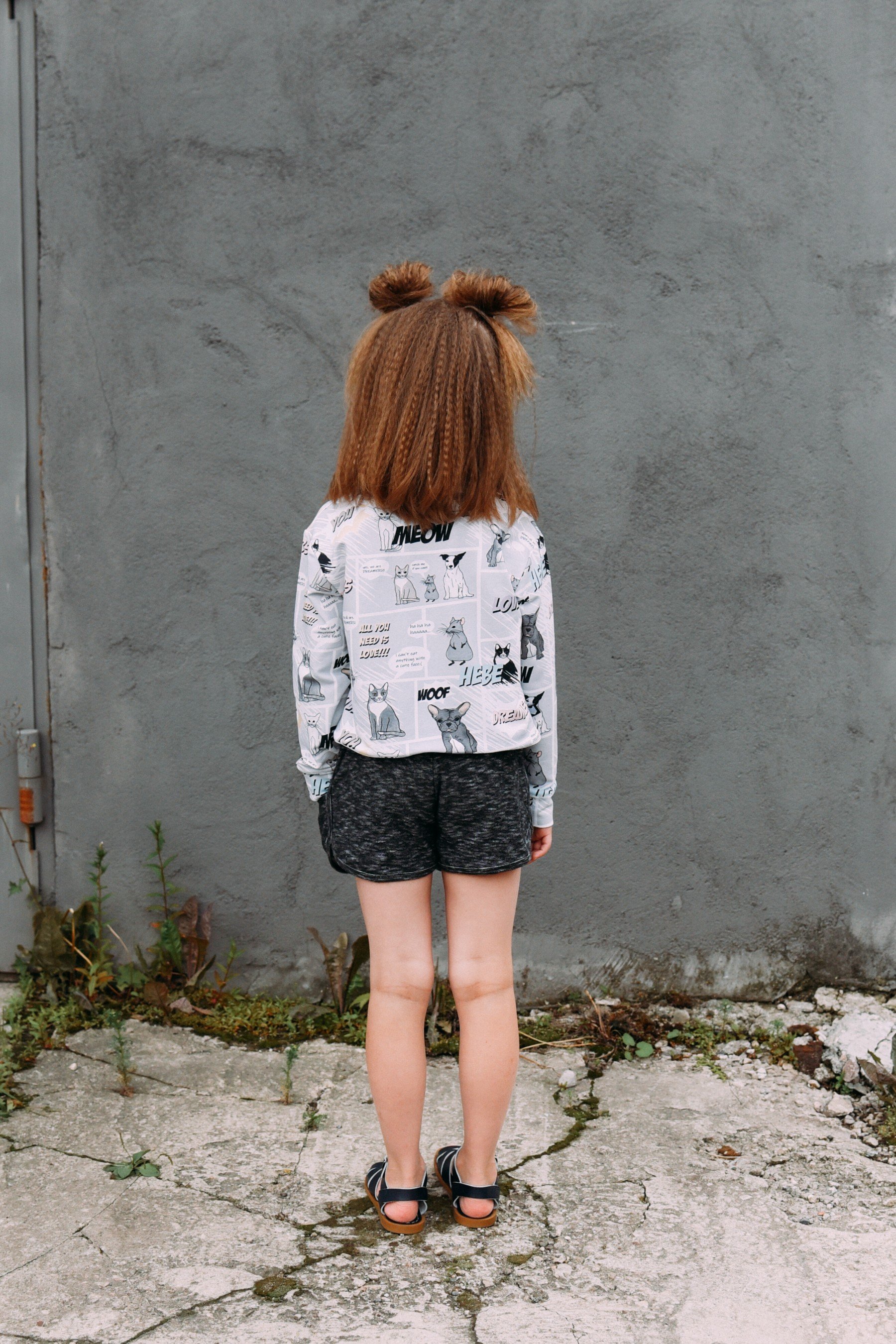

“You Should Know (先知),” the first full length track off the album, is a throwback to the electropop world from which Tien comes it’s as if to re-establish the origin story of the State of Hebe. Time Will Tell is hard to categorize by genre, because it aims simply to capture emotions without the conventions of style: It’s a complex album written and recorded by musicians and producers from all over China, where each song feels like a somber echo which builds into a staggering emotional climax, dusted with unconventional instrumentation and artistry from the likes of trumpeter Li Xiaochuan, Radio Mars bassist and producer Michael Ning, fellow GMA nominee for Best Band Deca Joins, and helmed by legendary producer George Chen Chien-chi. So while Time Will Tell doesn’t offer anything truly new, the eclectic mix of styles makes it seem fresh and invigorating nonetheless. What's going to be new? You honestly think you're going to play something that hasn't been played already?” Though a brutally honest portrayal of a music genre that heavily emphasizes innovation and creativity at all cost, one solution to the problem of innovating in a limited creative space is to recognize and accept that re-contextualization of old material is the only path forward. The famous jazz musician Branford Marsalis once said, regarding the state of jazz music: “There’s 12 fucking notes. Before us stands a more mature woman, now 38 years old, who is finally ready to open up: “I will show you my soul,” she sings in “A Song for You (或是一首歌).” Gone is the bubblegum electro-pop idol that drew hordes of young concertgoers to S.H.E’s four world tours gone is the girlish laughter and naivete of a young female icon who, along with her “dorm-mates,” shattered concert attendance records for a female pop group in Asia. While throughout her career as a member of S.H.E and as a solo artist, Tien has stayed safely inside the confines of mainstream pop music, Time Will Tell establishes a new identity for herself as an artist who isn’t afraid to go against the grain.

More than anything, Time Will Tell seems to say: “I’m not the person I used to be.” and second, that what she has to offer as a soloist is unconventional and complex, a pastiche of themes and musical ideas that evoke the memory of a person, seen through their own older and wiser eyes. While these criticisms fairly call out the album’s lack of commercial mainstream appeal, Time Will Tell successfully demonstrates two things: first, that Hebe, now better known as Tien Fu-Chen (田馥甄), has moved on from S.H.E. Time Will Tell, released in September 2020, garnered her the coveted Best Female Vocal Album at the 32nd Golden Melody Awards in late August this year but also drew controversy for its style, or overarching lack thereof. They have largely reinvented themselves as actresses, solo artists, fashion icons, and industry trendsetters.Įnter Hebe Tien, the “H” of S.H.E., with her first solo album since she stopped recording with the group that made her famous (and her fifth solo album overall). has not officially disbanded, their contract was not renewed by their management agency HIM International in 2018).

Taking notes from the Destiny’s Child playbook, S.H.E.’s subsequent 12 albums made them the face of female Mando-pop for a generation of young music listeners.įast forward more than two decades from the release of Girl’s Dorm, the trio’s debut album, and the three singers who lent their initials to the band's name have gone their separate ways (though S.H.E. In the early 2000s, the pop girl trio S.H.E fanned the flames of Chinese pop to heights never before seen, armed with a combination of bubblegum lyrics and idol-theatrics.


 0 kommentar(er)
0 kommentar(er)
